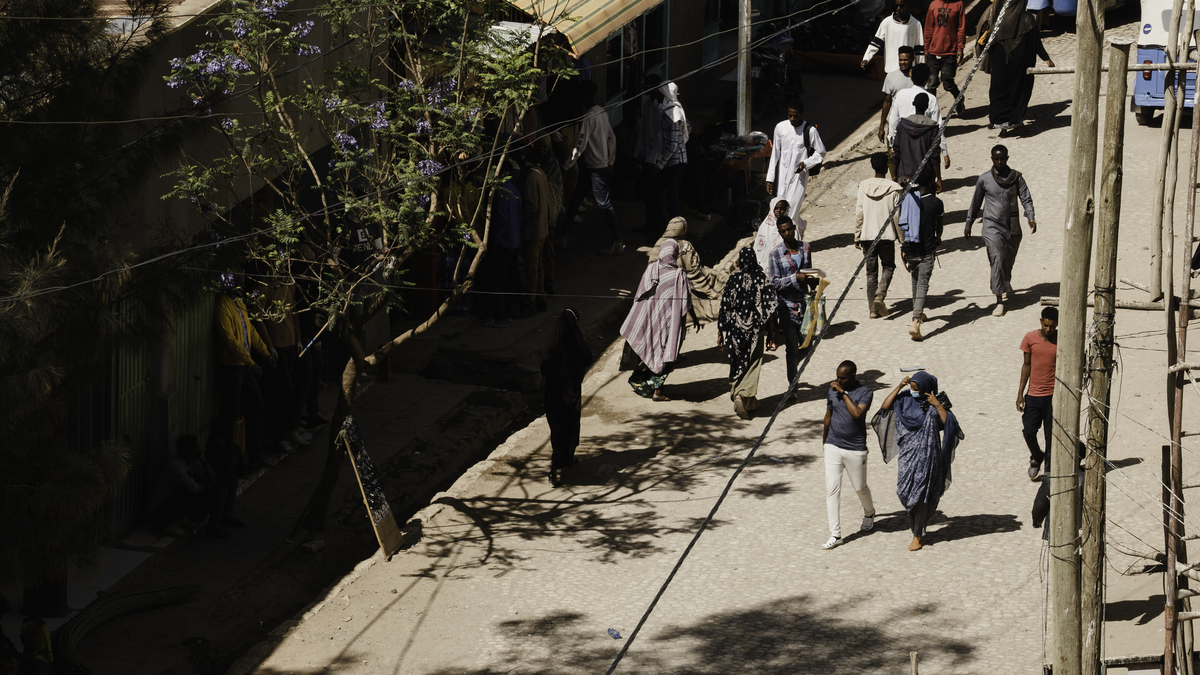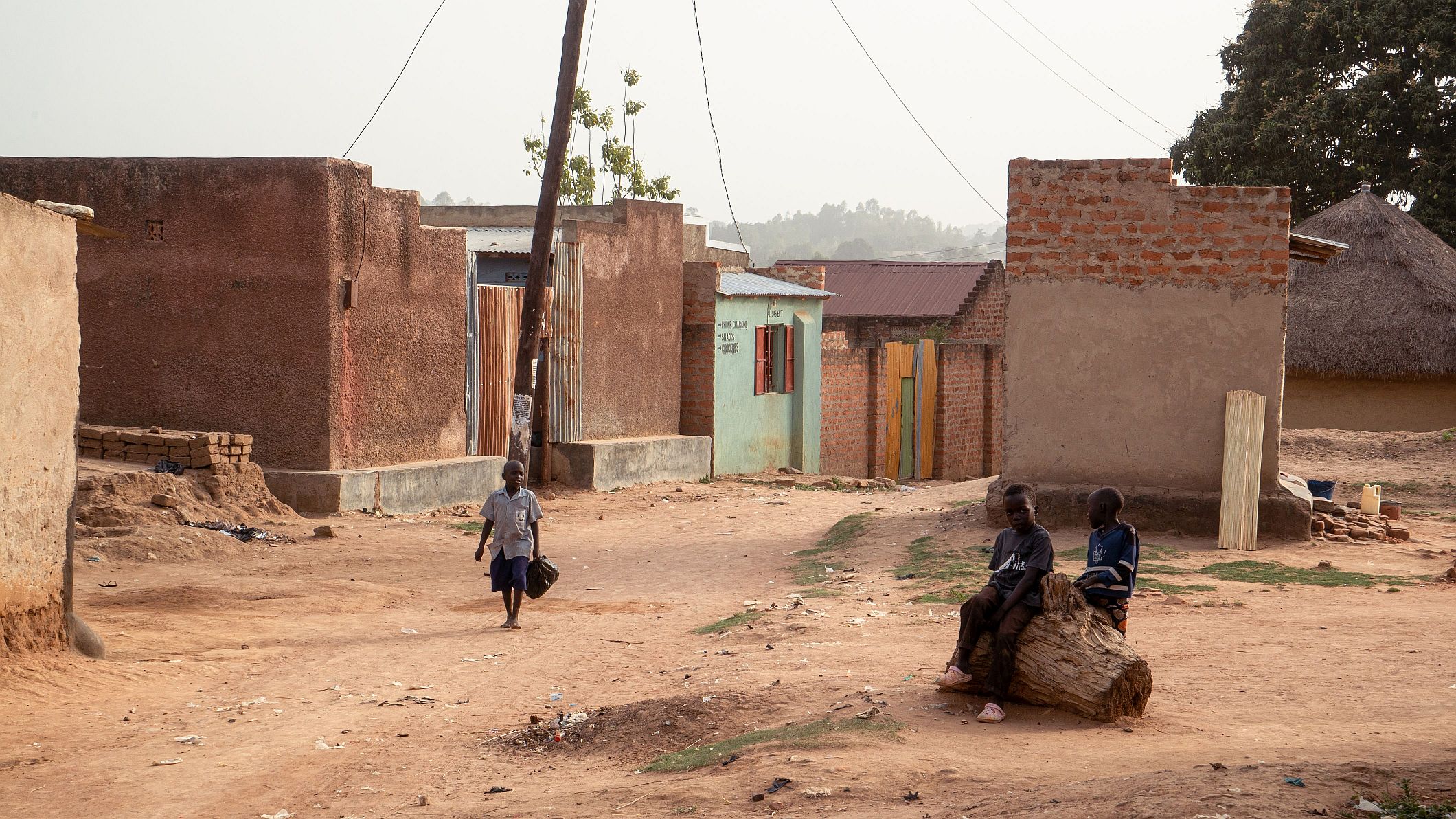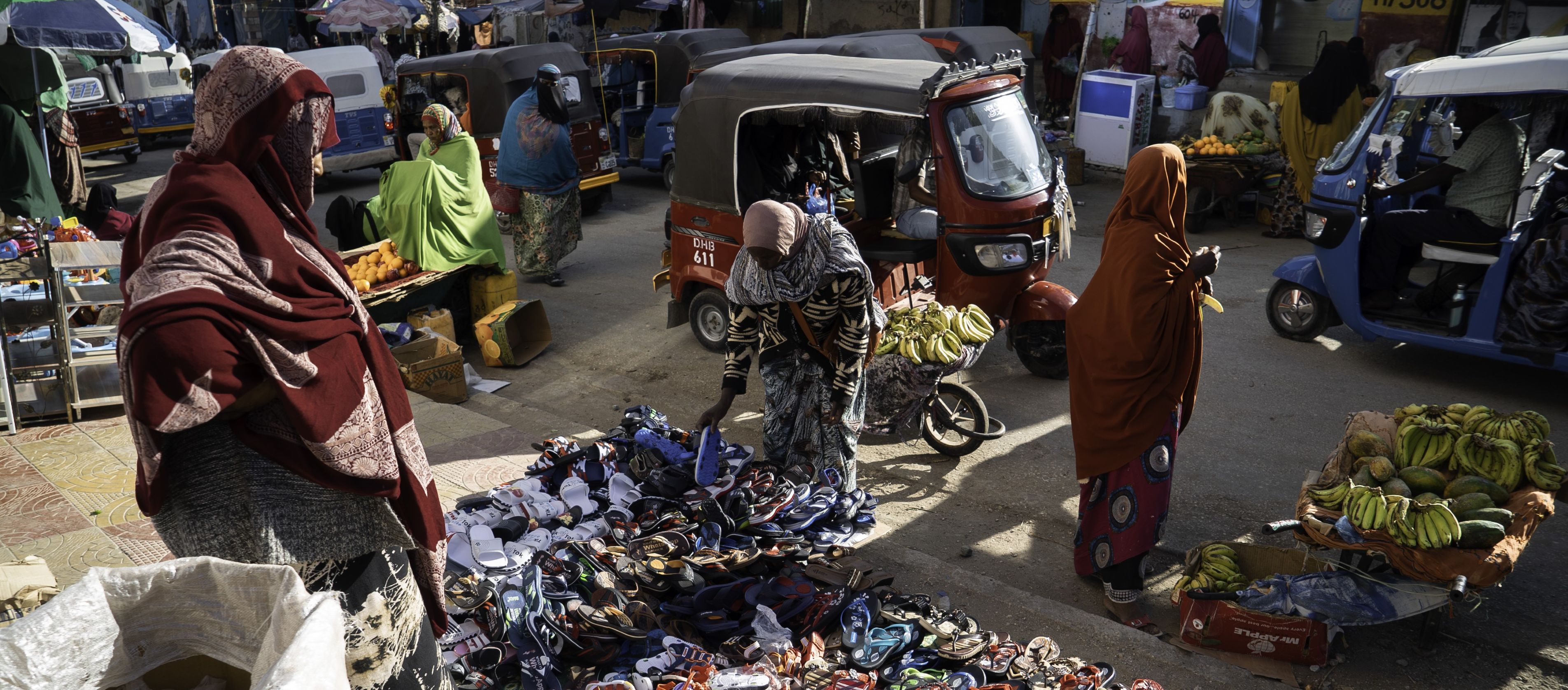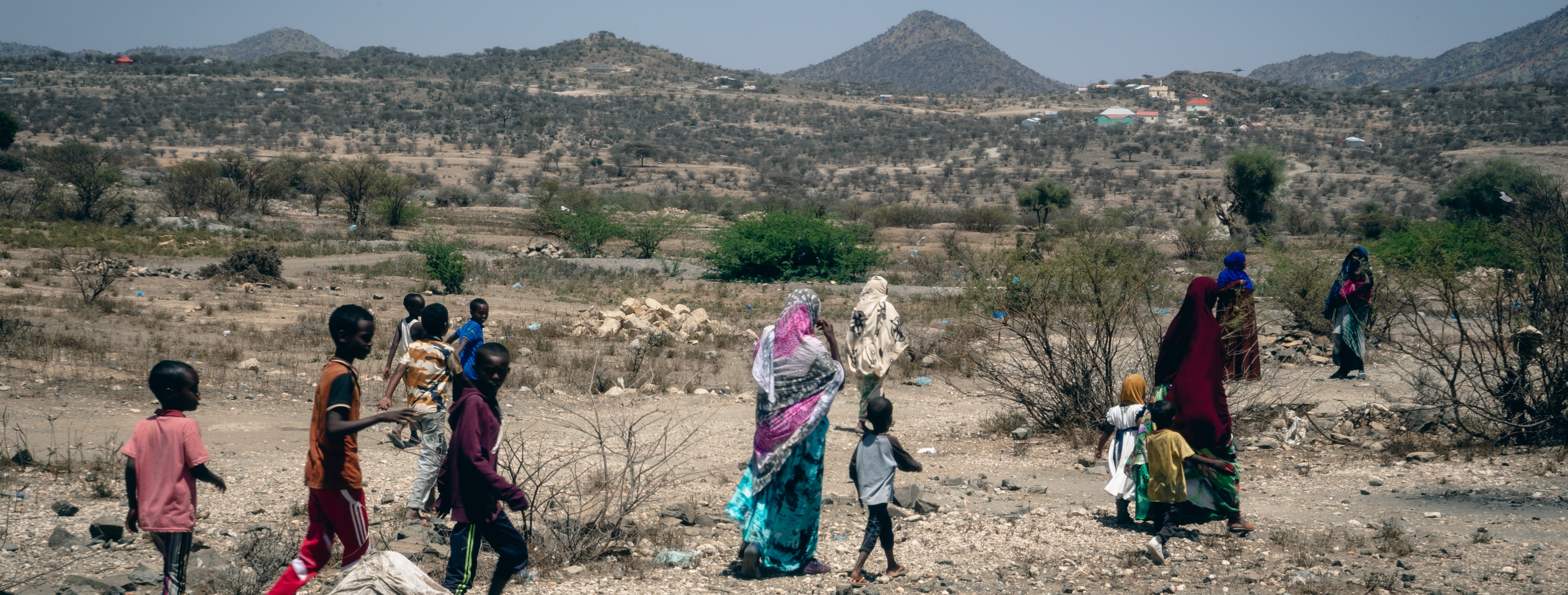In response to the growing urban challenges posed by forced displacement and migration, Cities Alliance is launching an innovative initiative: Supporting Urban Integration of Displacement-Affected Communities (SUIDAC). This ambitious four-year programme, funded by the European Union with a €30 million grant, aims to foster the sustainable integration of displaced populations and their host communities in key cities across Sub-Saharan Africa.
Responding to the urban migration crisis
Globally, over 60 per cent of refugees and 80 per cent of internally displaced persons (IDPs) now live in urban areas. As cities continue to swell—an estimated seven out of ten people will reside in urban areas by 2050—the pressure on urban infrastructure intensifies. This is particularly evident in fast-growing secondary cities in developing countries, which are already grappling with significant demands from their populations.
The SUIDAC programme will focus on five Sub-Saharan African countries: the Democratic Republic of the Congo (DRC), Ethiopia, Somalia, Sudan, and Uganda. Target cities include Kananga and Tshikapa in DRC, Assosa and Jigjiga in Ethiopia, Borama and Gabiley in Somalia, Atbara (TBC) in Sudan, and Koboko and Arua in Uganda.

Empowering displaced communities
The overarching goal of SUIDAC is to enhance the sustainable integration of Displacement-Affected Communities (DACs) in these cities. This Action defines DACs as both the forcibly displaced populations (refugees, asylum seekers, IDPs, returnees) and host communities. To achieve this, the programme has outlined two primary outcomes:
Improving self-reliance and social cohesion: The programme will work to improve the well-being of DACs by reducing distress and enhancing access to essential services such as health, nutrition, education, and housing. It aims to increase livelihood opportunities and financial support, ensuring that displaced individuals can achieve greater economic independence. The initiative will also improve access to documentation and legal assistance, ensuring that DACs receive the protection they need.
Strengthening local governance: Urban development policies will be adopted to integrate approaches to forced displacement, ensuring inclusive and sustainable urban planning. The programme will facilitate key infrastructure projects that embed environmentally sustainable practices. It will also promote multi-level policy dialogue to strengthen responses to urban displacement and ensure coordinated regional strategies.
An innovative approach
SUIDAC’s approach involves close collaboration with local and national authorities through direct funding and technical support to ensure ownership and integration of DACs in urban planning processes. By engaging policymakers from the onset, the programme aims to secure long-term commitment and regular consultation with displaced communities.
Moreover, SUIDAC will foster direct support activities that enhance the self-reliance and social cohesion of DACs, while mainstreaming gender equality and encouraging active civil society engagement. The programme also emphasizes the promotion of green and climate-resilient economic activities to ensure sustainable development.
Positive impact for communities and cities
For displaced communities, SUIDAC promises improved access to vital urban services and enhanced opportunities for economic participation. For host cities, the programme offers strengthened capacity to manage urban development and displacement, fostering more inclusive and resilient urban environments.
This comprehensive and forward-thinking initiative is poised to make a significant impact on the lives of thousands in Sub-Saharan Africa, addressing both immediate needs and long-term challenges associated with urban displacement.





